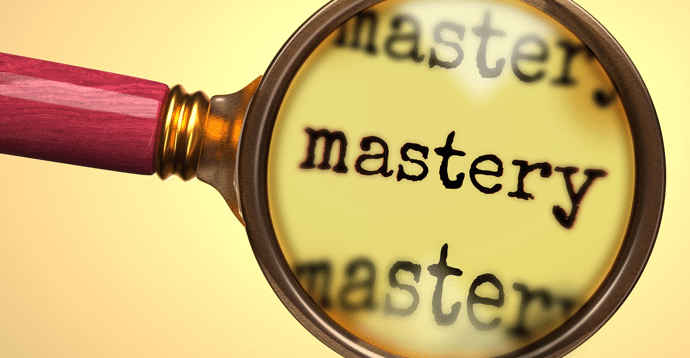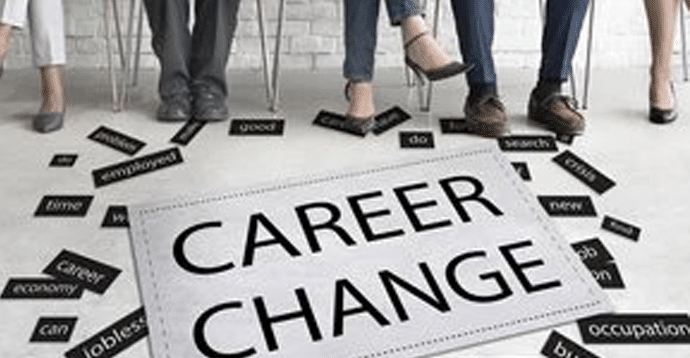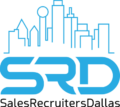Interview Mastery and Post Interview Communications
The Sales Recruiters Dallas Interview Mastery guidelines: focusing on post-interview communications, how to prepare for 2nd interviews and how to analyze your interview technique.
Your post-interview emotional state is hard to predict, and until you step out of your interview with a prospective employer you have no idea how you’ll feel. We’ve compiled a series of helpful guides that aim to help you analyse your interview, communicate with your employer post-interview, and master the 2nd and 3rd interview.
Whether you walk out of an interview with a feeling of elation or disappointment, your post-interview period is an incredibly important one for personal growth and analysis of your strengths and weaknesses.
Often, you want to spend time post-interview destressing and taking stock of what was said, or not said, during the interview.: you’ll want to review your answers to critical questions, and undoubtedly will think of a number of things you should have said in response to some. As we’ve highlighted in another section on pre-interview guidelines, you should have a “thank you” letter already half penned to send to your interview where you can get some of these thoughts down.
But after this comes a period of patience and reflection and we’ve put together a helpful mini-guide for how to better analyse your mindset and performance to make the next interview even better, and how to master your communications plan post-interview.

NOTES:
Look out for the Interview Hack! points of discussion in each article.
They highlight some of the unique interview skills and hacks we’ve leared here at Sales Recruiters Dallas that make all the difference during the interview process.
Simply click on any one of the pages below to read more!
Interview Communications Mastery
Handling Illegal or Negligent Interview Questions

Interviews are imperfect vehicles for learning about the skills and compatibility of a potential employee or workplace, but they are, in the main, the best way to understand how people work, why they work, what drives them and what they want to gain from joining a new company.
The Worst Interview You Could Have Had

You are going to fail more interviews in your life than you will succeed in them. It’s a fact you need to admit to yourself before heading into any interview space, even when you think the job is wrapped up. Nothing is set in stone, and building a humble mindset pre-interview is healthy in how you analyse your post-interview position.
“You talk too much” - reflections on Interview communications

Humans communicate non-verbally, to an overwhelming degree. Over 90% of our means of communication is in our posture, body language, facial gestures, eye contact, hand movements, even the way we sit. Non-verbal communication accounts for microexpressions, those tell tale signs of emotive thinking your body has a hard time hiding, and are the key indicator of your state of mind at any given time.
Nailing the 2nd (and 3rd) Interview

Company dependent, your invitation to a 2nd interview is an incredibly positive thing...but it’s not the endgame just yet.
If anything, you’ll be meeting more central leadership members (who you haven’t met before) who will be meeting you for the first time. They are the true decision makers. You’ll also now have a “name” for yourself in your interview circle within this company, and will have the opportunity to speak upon, and build upon, the rapport from the first interview and mine your interviewer for more details.
Post Interview Mindset Mastery
Why am I changing careers again? Reflections on your mindset Pt 1

When an interviewer asks you “why are you leaving your current job?”, candidates are at a crossroads - it speaks to your good character when you don’t negatively reflect on your current employer but there are reasons for leaving that you should address.
Why am I changing careers again? Reflections on your mindset Pt 2

There is no right or wrong time to move in sales: great sales talent is needed all year round. There is only the right time to move for you.
Any interviewer worth their salt will approach the question of “why are you looking to change jobs?” with one eye on your position within their firm:
What is company culture and what does it mean to you?

Company culture (or corporate culture/organizational culture) is the behavioural matrix by which every employee at a company is connected.
When you’re analysing the reasons for applying or a job, and especially at later stages of the interview process, organizational culture will creep in as a critically important factor in your understanding of how you will fit into your new role.
